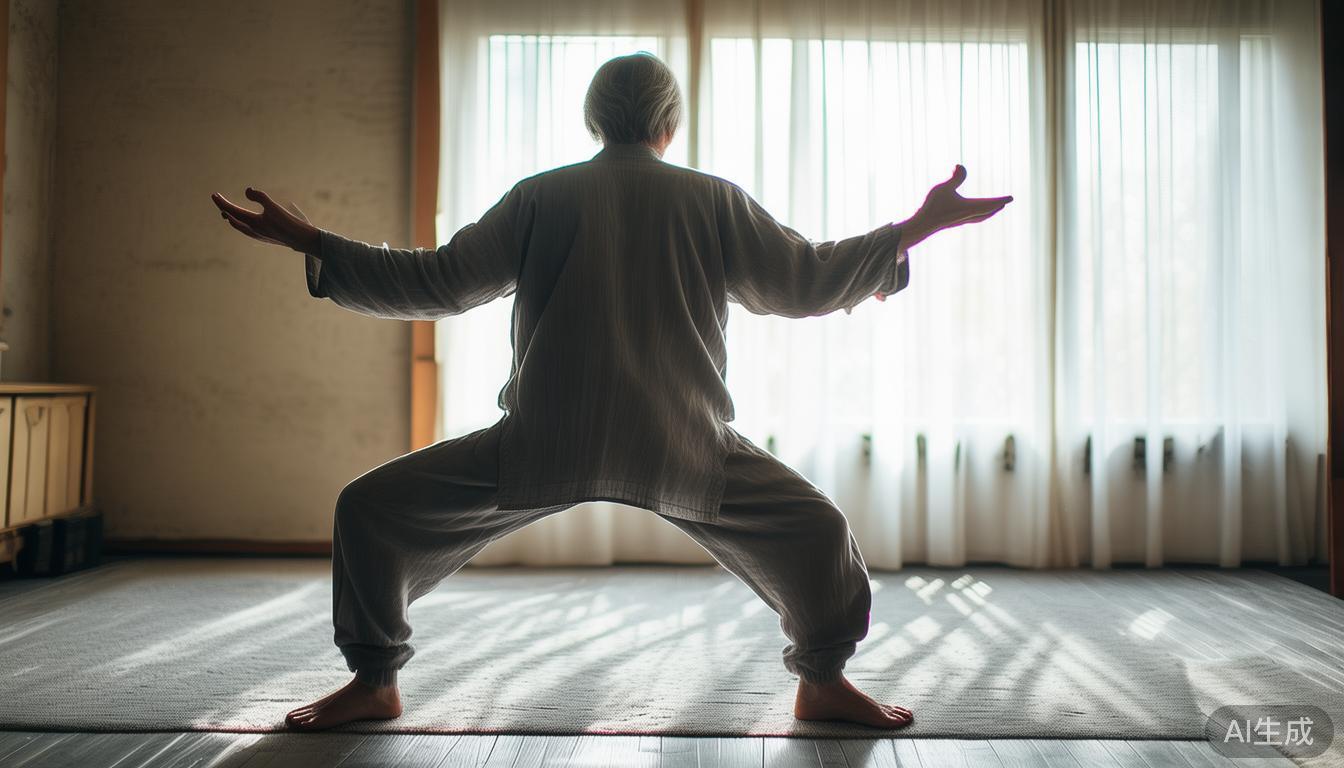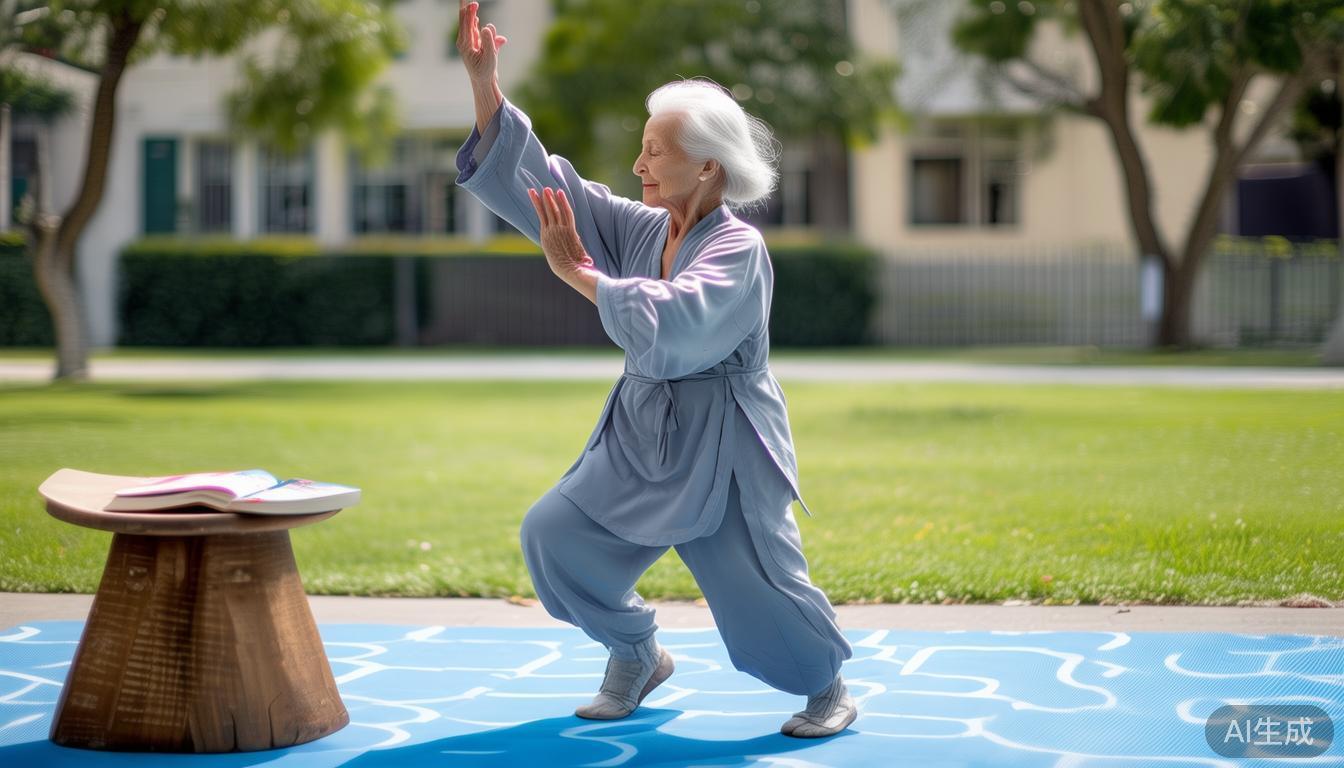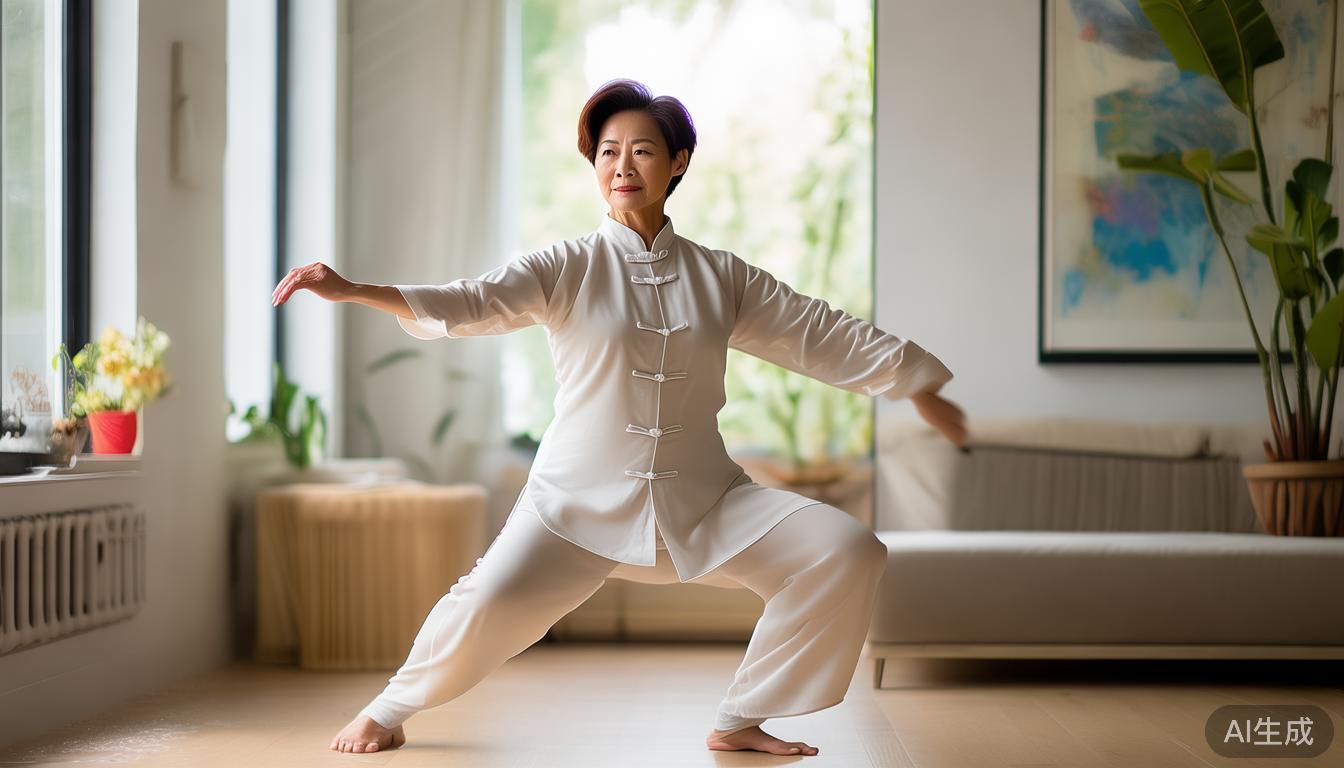After turning 50, I began to rediscover the balance of my body and mind. It was at this time that I encountered Tai Chi. This was not a second-best option for old-age fitness, but a wise choice given to us by the years. Its philosophy of using softness to overcome hardness exactly echoes the life experience we have at this stage. In this state of balancing movement and stillness, it teaches us how to have a dialogue with the body.
What are the benefits of practicing Tai Chi at the age of 50?
Many people of my age are worried that their bones will become stiff and they will not be able to practice. In fact, this is exactly the advantage of Tai Chi. tai chi over 50 , I stood in the park for ten minutes every morning, and then performed cloud hands. At first, I would tremble even when my knees were slightly bent. After three months, I found that the pressure on the joints was significantly reduced when going up and down the stairs. Such a slow-flowing movement can gently activate the synovial fluid in the joints. At the same time, it can also enhance the wrapping of the leg muscles, thereby forming a natural "knee pad". What is even more surprising is the coordination of deep breathing and movement on the nervous system. When I went for a physical examination last year, the doctor was surprised that my high blood pressure, which had been persistent for many years, returned to the normal range.
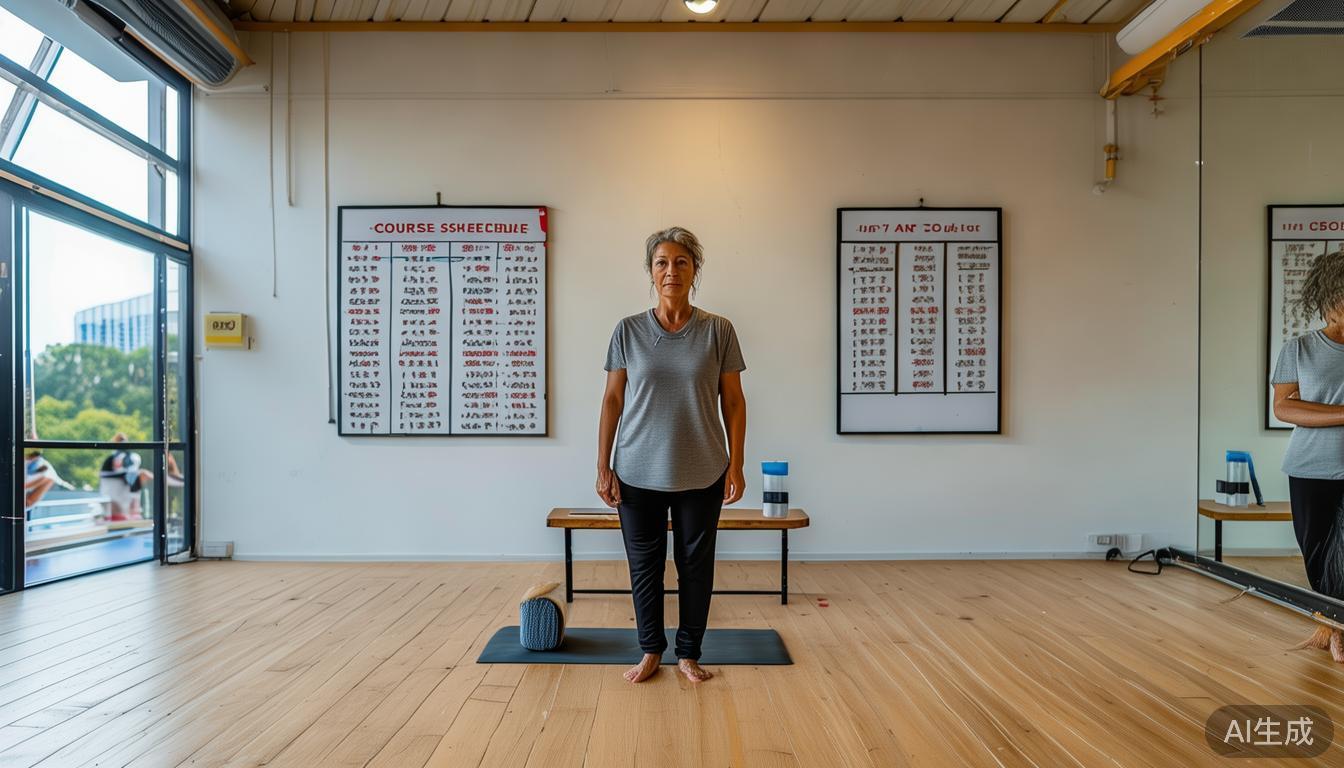
How to choose the right Tai Chi class
Faced with a variety of situations in Tai Chi classes, there is some advice. At the beginning, you should observe Tai Chi And Arthritis and observe how the instructor guides the students to perform body turning movements. Instructors who meet the relevant qualification requirements will emphasize the position of the lower Dantian when explaining, instead of just limiting the movements to standard situations. At the same time, they can also adjust the height of the moves and postures based on the observed physical condition feedback from the spine and back of the students. Remember, when trying to listen to the lecture, what you focus on is the physical reaction of the students after the course. If you feel that all parts of the body are very comfortable and relaxed after the experience, instead of feeling sore in the joints, then this kind of course is suitable for you. Nowadays, many types of community centers have set up Tai Chi introductory learning classes specially designed for older people. When choosing a class, it is best to try the class first to understand the number of students in the class, and choose a class with a smaller number of students. This can ensure that every action can be corrected in time.
How Tai Chi improves sleep quality
Insomnia has been bothering me for many years. One night after practicing Tai Chi for three months, I found that I no longer had to toss and turn to fall asleep. Tai Chi's abdominal breathing techniques activate the parasympathetic nervous system, which is like giving an overactive brain a gentle massage. Now I practice "back curling" for ten minutes before going to bed, and at the same time, I exhale deeply and deeply, which seems to release all the anxiety during the day on my fingertips. Sister Li from the same class said that her stubborn problem of waking up in the middle of the night disappeared quietly after half a year of continuous practice. This is more soothing than any sleep aid drug.
How Tai Chi protects joint health
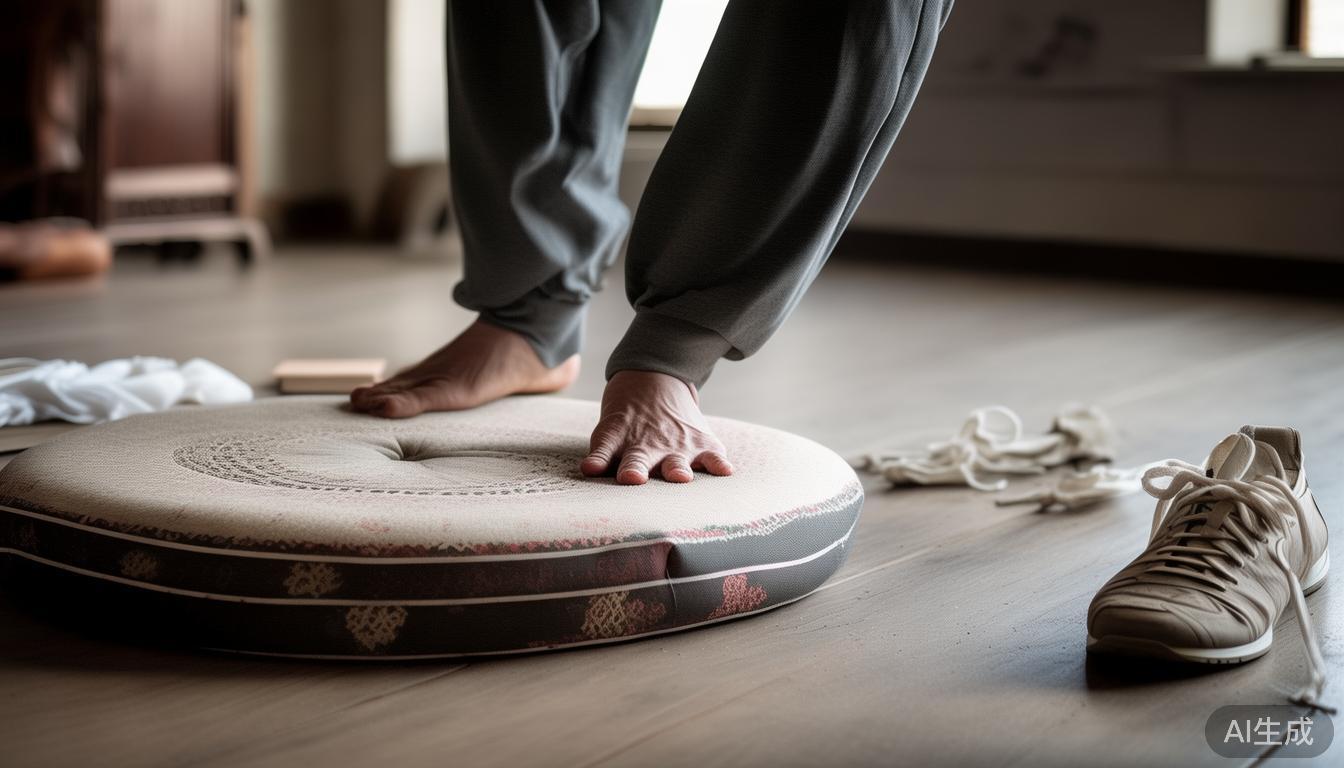
Contrary to popular belief, moderate Tai Chi is very beneficial to degenerative arthritis. My coach always talks about "strengthening the bones and softening the muscles", nourishing the cartilage through circular movements. The key is to maintain the movements in a coherent and flowing manner to prevent any momentary exertion of force. When my body My right knee made a friction sound when I squatted down. The coach adjusted the range of the "kick-off" action and changed it to slightly tapping the ground with my toes. After half a year, not only the pain disappeared, but even my family doctor praised my joint flexibility as better than that of people my age.
I would like to ask you, during Tai Chi practice, which aspect of your body are you most eager to improve? Be enthusiastic about sharing your experiences in the comment area Tai Chi Online . If you feel that these suggestions are valuable, don't forget to like the article.



